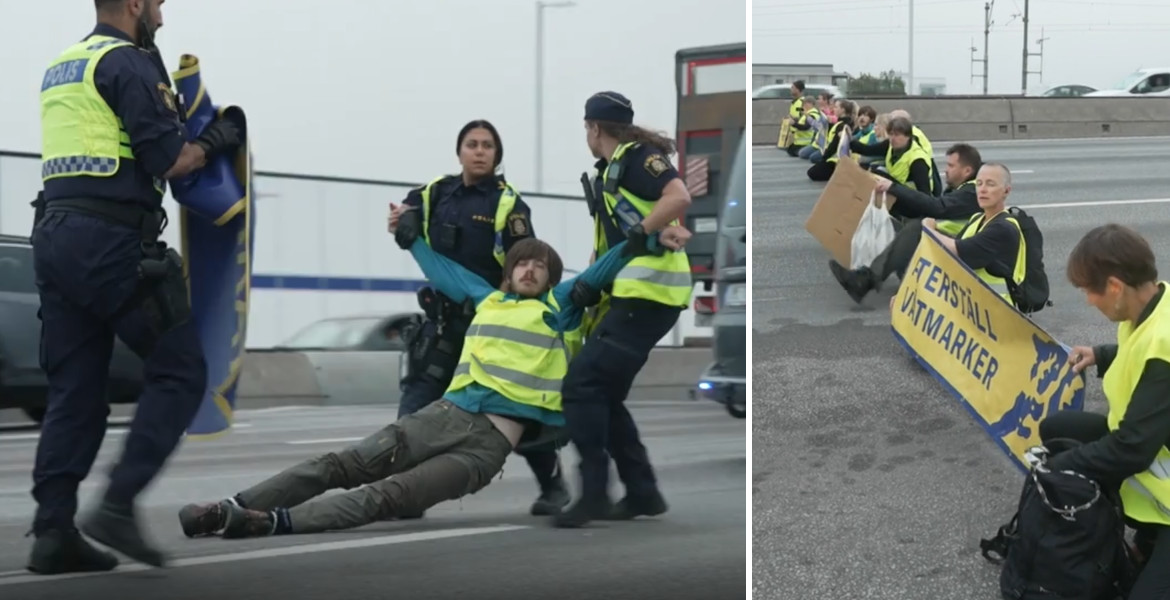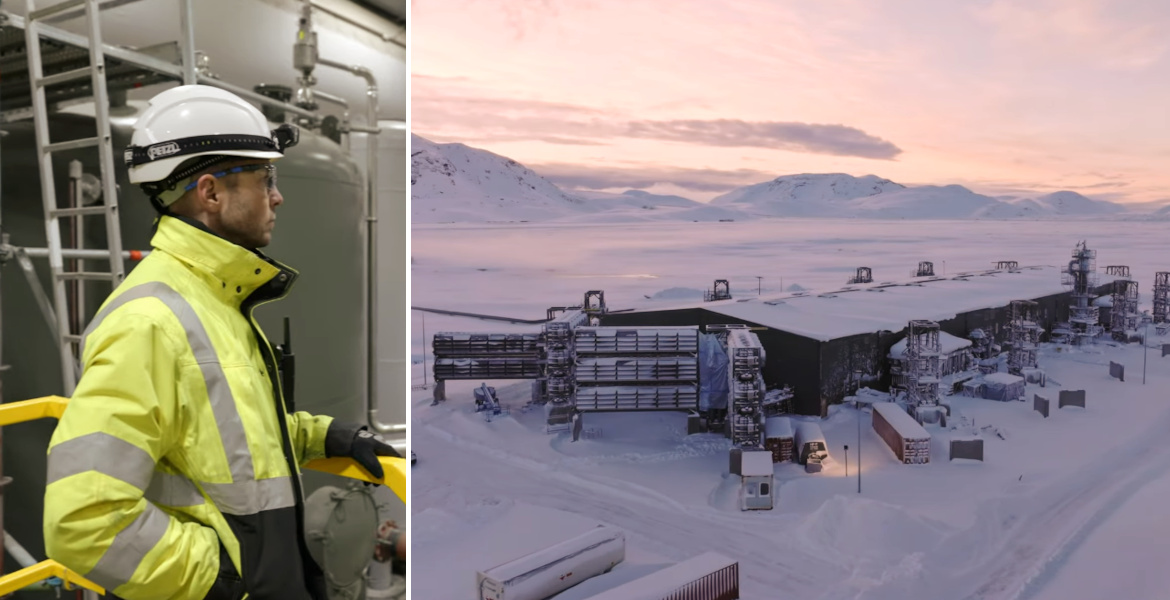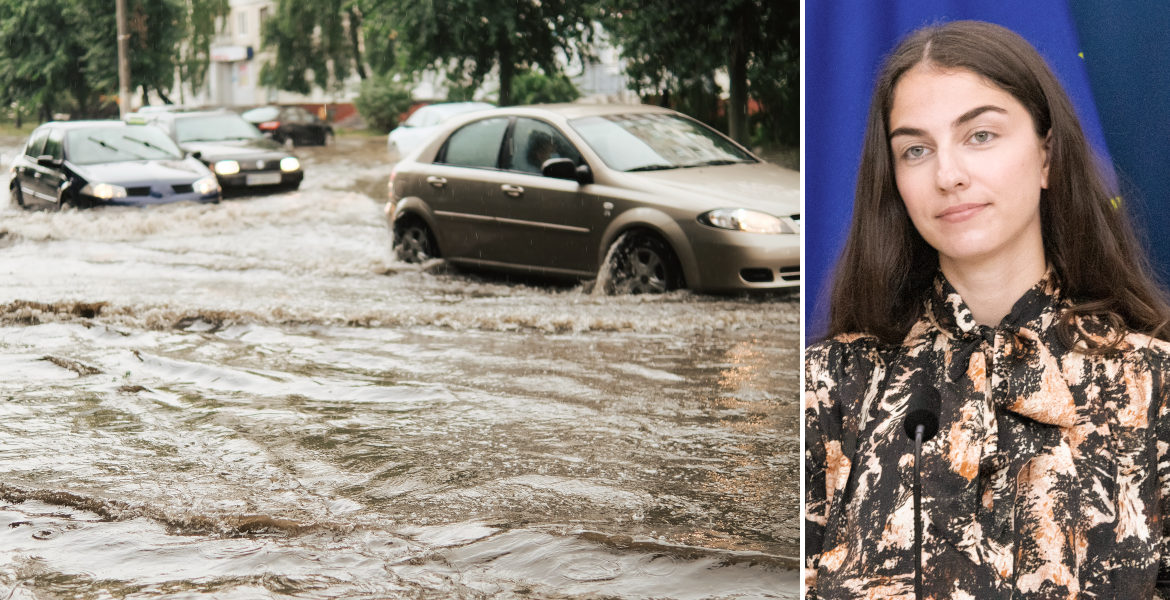In Denmark, the heated climate debate has entered the living room and created tensions between generations. Demands for “climate awareness” and lifestyle changes, such as giving up meat, have led to deep conflicts in many Danish families, according to several experts and organizations.
The president of Danske Skoleelever, 16-year-old Caroline Helene Hermansen, describes how she believes the climate issue now often leads to conflicts between younger and older family members in Danish households, reports Danmarks Radio.
– You may have parents or grandparents who think it’s a bit ridiculous that you can’t just eat the meatballs. We grew up with the climate crisis, but they didn’t, so we just didn’t grow up in the same reality, she says.
Hermansen says many young people feel overlooked by older generations.
– It’s difficult for many young people because we feel that adults don’t recognize us and don’t listen to us. Many young people feel that if they go to their parents or grandparents with a desire to make climate-smart choices, it will end in a fight.
From arguments to serious conflicts
Lea Wiggen Kramhøft, co-founder of the alarmist organization Klimapsykologisk Ungdomsforening, confirms that climate discussions often lead to more than just occasional fights.
– Many young people have a hard time with their parents and families because they approach this crisis in very different ways.
Most find a compromise once the waves have subsided. But for some families, it ends in open conflict. This is the experience of several psychotherapists, according to the Danish Association of Psychotherapists. A view shared by the Climate Psychology Youth Association.
– Some people don’t have the same contact with their families and don’t spend as much time with them because it evokes so many emotions, says Kramhøft.
The dinner table as a conflict zone
Lars Kjerulf Petersen, senior researcher in environmental sociology at Aarhus University, explains that many conflicts arise around the dinner table.
– There is a lot of love and emotion involved in serving food to your loved ones. And when there are people who turn up their noses at it and don’t want it, it really does affect you emotionally.
Michael Teit, deputy director of Ældre Sagen, also sees the climate debate as a source of family conflict.
– There may be those who constantly criticize their family members for their lifestyle, or those who completely deny climate problems. The inability to listen to each other can tear families apart, says Teit.








